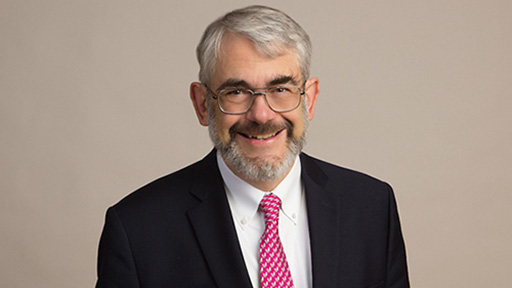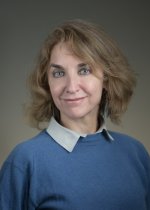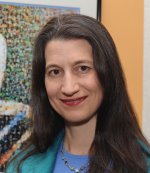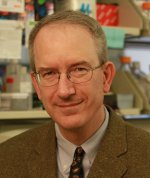G. Burroughs Mider Lecture
Established in 1968 in honor of the first NIH director of laboratories and clinics, the G. Burroughs Mider Lecture is presented by an NIH intramural scientist to recognize and appreciate outstanding contributions to biomedical research.
This page was last updated on Tuesday, August 23, 2022









